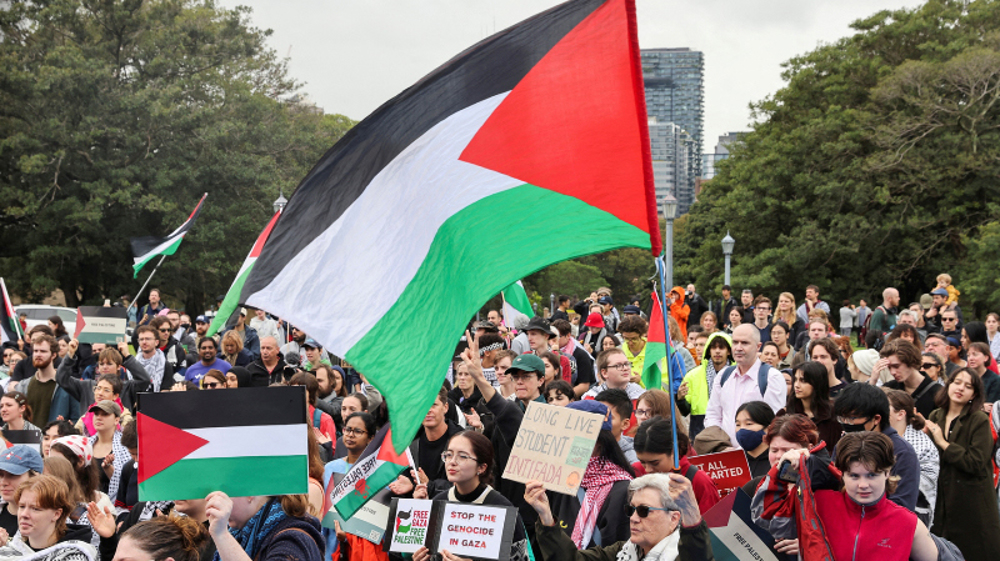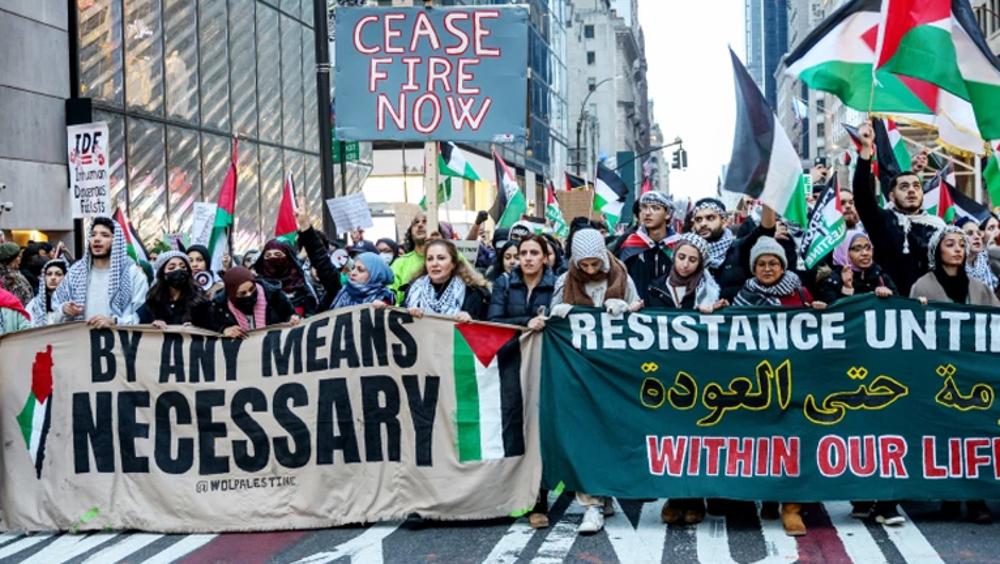Kashmir gears up for reviving dented economy
Shahana Butt
Press TV, Kashmir
Decades of political uncertainty and continued violence in Kashmir have already had a lasting impact on the lives of the Kashmiri people.
In the last decade, Kashmiris have witnessed situations like floods in 2014, months of a shut down in 2016 over the killing of militant commander, Burhan Wani, security and communication lockdown following the abolition of article 370 in 2019, and more recently, COVID-19 lockdown for almost two years. Despite facing serious turbulence, what survives this trouble-torn region is 'Hope'.
As the spring season onsets in Kashmir, people associated with the tourism sector have started to gear up. Expecting a better influx of tourists is all that they are hoping.
Tariq Patloo owns a houseboat in Kashmir's famous Dal Lake. His family depends on the income generated by this boat. He says the past three years have proved worse than the last three decades.
Not just Tariq Patloo, but tens of thousands of people associated with the tourism industry are excited and they call it a 'fresh start'.
After the eradication of Kashmir's special status in August 2019, the valley region has witnessed huge economic losses and the government has done the least so far to help people recover from these losses.
The only hope for the revival of Kashmir's economy is through its tourism sector but fear of uncertainty always haunts its people.
With the changing seasons, Kashmir has already started to attract its share of tourists. It's the early spring season in Kashmir and tourists are arriving in large numbers.
For decades, the Indian administered Kashmir has been off-limits for people due to its continued low-intensity conflict and disturbance. India and Pakistan lay claims over this region but rule it in parts.
After facing decades of uncertainty, unrest and pain, the only thing people of Kashmir seek, is 'peace and prosperity. After the revocation of Kashmir's special status, the entire onus is on India.
VIDEO | Australians rally for Gaza ahead of Christmas festivities
VIDEO | Attacks on Sana'a
Iran reports further drop in annual inflation rate in December
Israel indicts two settlers over suspected spying for Hezbollah
Iran: US airstrikes on Yemen war crimes, violation of international law
Yemeni armed forces down F-18 fighter jet, repel US-UK attack: Spokesman
Iran warns against US-Israeli plot to weaken Muslims, dominate region
VIDEO | Public uproar in US against Israeli regime









 This makes it easy to access the Press TV website
This makes it easy to access the Press TV website